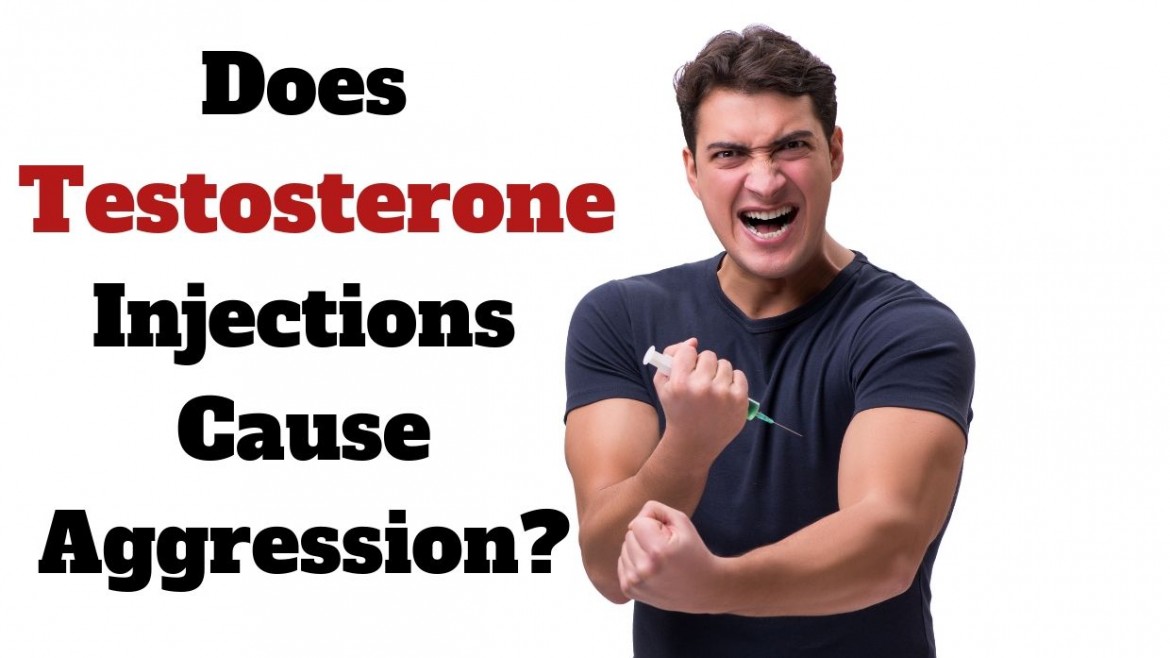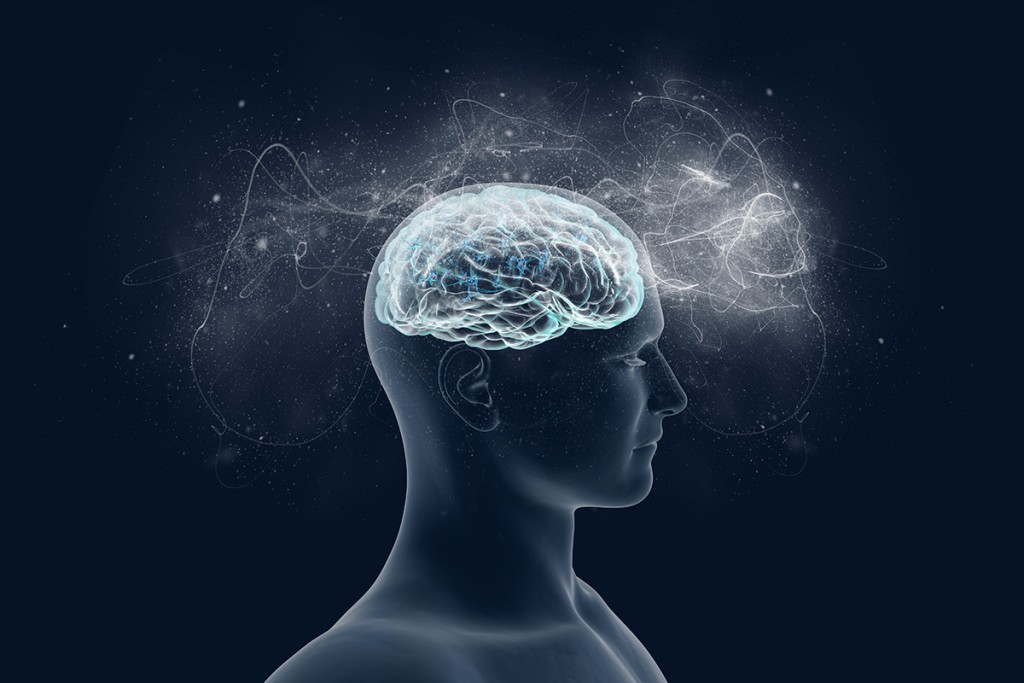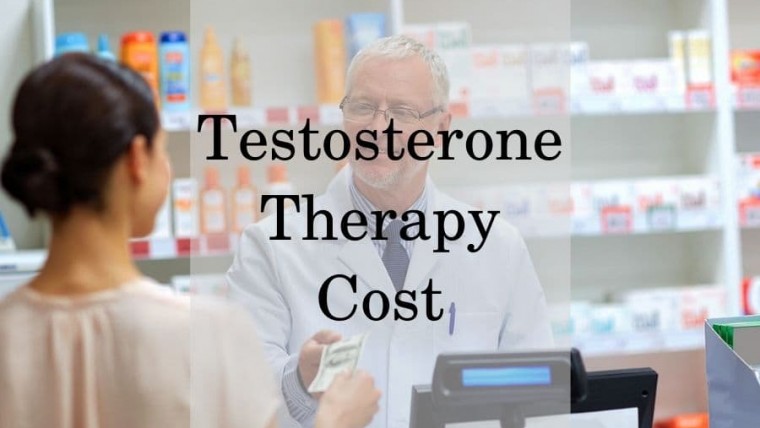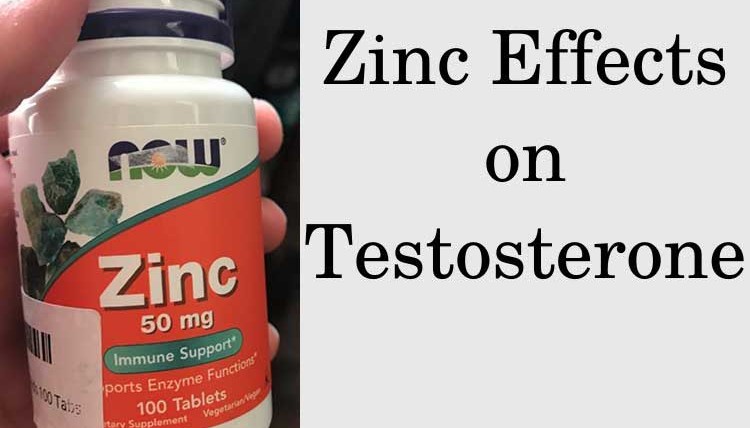In this article
Testosterone is known as the male-dominant hormone and sometimes gets a bad reputation. As a hormone that produces emotional and physical qualities that are often looked down on in men, such as poor verbal skills and decreased emotional receptiveness.
While lowered T levels are well-known to cause numerous problems, such as erectile dysfunction, hair loss, depression, and decreased energy, many wonder whether supplementing with this hormone could cause different mood issues.
In particular, the relationship between testosterone and aggression has been questioned for numerous years. The good news is that numerous studies show exactly how testosterone can positively affect men under medical supervision.
What hormones affect your mood?
Testosterone is uniquely related to many hormonally controlled processes in your body. It is produced after the tiny pituitary gland sends a message to your hypothalamus, which then signals the testicles to create testosterone.
In addition, the adrenal glands also produce a small amount of testosterone in both men and women. While you are right in assuming that much of the function of testosterone in a man’s body is for sexual health. It also affects your skin, bones, and even the entire central nervous system.
Therefore, T levels can certainly influence your mood, and thus, your behavior in general. Low T levels have actually been linked to poor mood, increased stress and even mood swings. While scientists are not entirely certain how testosterone affects all these changes, large studies have definitively proven many of these links.
In addition, mood swings from low T often work in a spiraling effect. For example, if your T levels are low, you may naturally feel a bit down because of the physiologic effects of this hormonal issue on your body.
When you start feeling depleted emotionally, your T levels further decrease, creating a cyclical pattern. On the other hand, testosterone injections can improve mood, increase mental clarity, get rid of irritating mood swings and improve sexual health along with many other positive changes.
How does testosterone affect your brain?
How exactly does testosterone affect the brain? It is clear that testosterone circulates through the bloodstream making it into practically every body system. In particular, it bathes various nervous system receptors with its feel-good, energizing properties.
As a hormone, it is a natural chemical messenger in your body that communicates with each system. Therefore, it also tells the nervous system that you have more energy and that you are in a positive mood.
These emotional and behavioral effects of testosterone have been well-studied by numerous researchers throughout the last few decades.
However, it is best to look at these studies as a whole to gain a better understanding of just how T affects the brain.
In a review of numerous pertinent studies published in Front Neuroscience in 2015, researchers warned that while it is clear that testosterone affects brain function, it is still quite difficult to determine exactly how it affects specific areas of cognition and emotional health.
Although testosterone clearly works well for decreasing depression, there are many variables that must be considered by those talking to their doctors about testosterone replacement therapy.
Does testosterone really cause anger?
When considering how testosterone and mood are so intricately linked, you must also consider whether testosterone and aggression are also tied to each other.
You have probably heard of roid rage, which is defined as the uncontrollable aggression and rage that occurs in people taking steroids or androgenic steroids. Because testosterone is an androgen hormone, you might wonder if therapy could also cause the same level of anger and hostility that can be caused by the abuse. Keep in mind that testosterone therapy is not a steroid if it has been prescribed by a doctor and you use it in the correct doses
In studies, testosterone has been shown to figure closely in the fight or flight response. In a study published in Biological Psychiatry, participants receiving TRT perceived more aggression and threats from people during a facial recognition test compared to those not receiving the therapy.
Another study showed that testosterone works on the centers in the brain that perceive aggression. However, this study also showed that higher levels of cortisol and serotonin can tone down this aggressive impulse.
The link between testosterone and aggression found that your self-construal moderates your behaviors in relation to testosterone
Self-construal is how you look at yourself in relation to those around you. For example, an independent self-construal was more typically related to increased aggression along with testosterone changes than an interdependent self-construal was.
Therefore, testosterone aggression in males may be seen more frequently in those who are not highly connected to those around them than in those who are important parts of numerous groups.
Can testosterone injections cause aggression?
In most cases, testosterone therapy is prescribed to treat low T levels in men. When used properly, you should not feel any unwanted side effects, such as tiredness from high T levels, and you don’t have to worry about testosterone aggression in males or females.
In fact, high testosterone in men may actually be able to boost your mood, decrease depression, cure general irritability and fatigue and even get rid of unwanted anger. When you feel better about how you look and about your sexual performance. You can feel more pleased with your life overall and will not suffer from low confidence or anger with yourself.
TRT injections actually are able to boost your mood, decrease depression, cure general irritability and fatigue and even get rid of unwanted anger
Keep in mind that T levels rise and fall all the time in both men and women. Levels are not only affected by gender, but also by age, disease, sexual activity, and even emotions.
Therefore, testosterone can never be seen as a static hormone. In some people, levels may lower enough to cause concern as well as unwanted symptoms.
If you are one of these people, your doctor may recommend injections, which can restore your levels back to normal. Even out your daily mood and improve your sexual libido among other benefits of taking testosterone.
In general, there is no reason to worry about outbursts of aggression while using testosterone treatments as long as you are under the care of a trusted medical practitioner.






